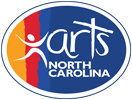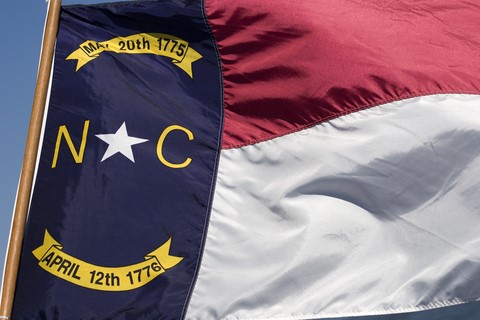Artisan Politics: Primary Colors are Red, Blue, and… Green?
 This will be the most contested election in the entire recorded history of the North Carolina General Assembly. All 50 Senate seats and all 120 House seats will be contested in the General Election on November 6th, many with contests in the Primary Election next week on May 8th. Arts NC will be working hard all summer to make the arts part of the conversation and we need you to help, starting with a visit to our Election Portal, where you will find information about our Arts Candidate Surveys, what you can (and can’t) do to engage in the process, and information about how to create the vote, create the conversation, and offer your creative space as a polling place. Decisions are made by those who show up. We need to show UP for the ARTS.
This will be the most contested election in the entire recorded history of the North Carolina General Assembly. All 50 Senate seats and all 120 House seats will be contested in the General Election on November 6th, many with contests in the Primary Election next week on May 8th. Arts NC will be working hard all summer to make the arts part of the conversation and we need you to help, starting with a visit to our Election Portal, where you will find information about our Arts Candidate Surveys, what you can (and can’t) do to engage in the process, and information about how to create the vote, create the conversation, and offer your creative space as a polling place. Decisions are made by those who show up. We need to show UP for the ARTS.
In all but one of the races for the NC General Assembly, there will be at least one Republican and one Democrat running, and in a state that is registered roughly 1/3 Republican, 1/3 Democrat, and 1/3 Unaffiliated (a group that can choose in which primary they cast a ballot) the stakes on May 8th are particularly high in many districts. Also, in April the Green Party became the fourth party (Libertarians were the third) to be eligible to have candidates run on ballots in North Carolina without collecting signatures on a petition. Because this happened after the February filing deadline, the Green Party will be holding conventions and will be entering candidates into several races in the weeks to come.
Arts NC is launching our 2018 Election Portal today, which will assist in navigating the election process and connect voters to the resources they need. We will also be working to actively engage all 340+ candidates for the NC General Assembly to survey their positions on public funding for the arts and arts education and making all of their responses available via the Election Portal.
But nonprofits can’t do anything with elections, right? Wrong.
Nonprofit organizations cannot endorse candidates, coordinate with coordinate with campaigns, or show any favor to one candidate over another. If you have contact with or make an opportunity available to any candidates, you need to do the same for ALL candidates for that office. There are several ways to make the arts part of the conversation in each electoral contest, and part of the experience of the electoral process:



If you are working with election officials, remember that running elections is hard work with more people being critical than supportive. So be sure to thank the men and women that work to make our democracy function.
This process, from filing day to election night, is how we start a conversation about how we want to be governed and what our priorities are as a community. Giving the arts a voice in that conversation is crucial to creating a vibrant and creative North Carolina where the arts are embraced by all as indispensable.

